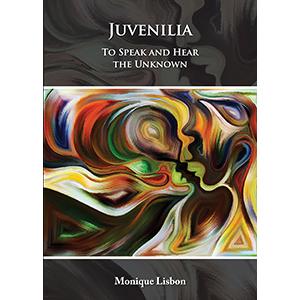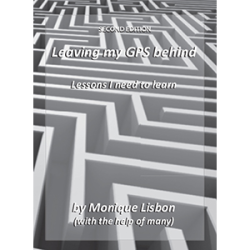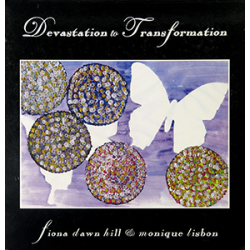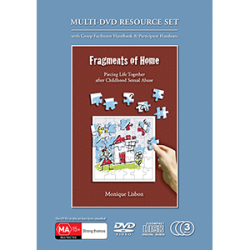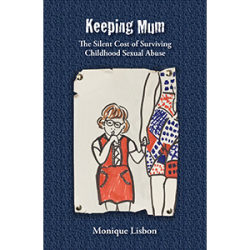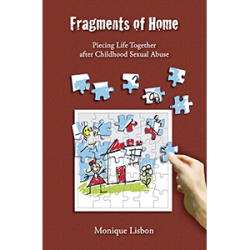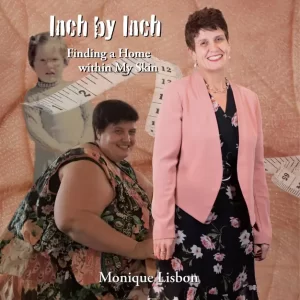Description
From the Introduction by Monique Lisbon:
In early 1987, at the age of 17, I first met Sylvia Plath.
We were introduced by a first-year university English Literature tutor. The poet had died 24 years earlier, at her own hand. Despite this fact – or perhaps because of it – I felt I knew Sylvia Plath. Or did I feel that she knew me? Whichever way around it went – we became instant friends, and bared and shared our souls with each other.
On the surface, I did not understand much of her writing. Just on the cusp of adulthood myself, I had not yet known the inside of a psychiatric hospital. My fallings in love were mere stumbles. I was far more well-versed in pseudo-forgiveness than anger. Suicide was something uncommon I had read about in books. Despair and distress were cloaked in prayer and positive thinking – or at least an aspiration to such things, as I had never seemed to master either virtue – though not for a lack of trying.
But I had never felt so known, so understood before. Sylvia Plath offered words for what I had never been able to name. She dared to offend. Her vulnerability embraced her articulate strength.
And so, inspired by her bold example, I began to find my own words for that which I could not name.
Over twenty years later, in 2009, I first met the young woman who had written these offerings in my name. We had lived alongside each other, mostly silently, for a long time, but we did not know each other. She had even written about me at the tender age of 17, as part of a university assignment for the same English tutor who had introduced her to Sylvia Plath. Yet, like so many other pieces ‘young Monique’ wrote, she did not understand what her own words meant:
A face. Another face. Separate and yet reflective of mine. So I am not alone in this play. Each, however, is oblivious to the existence of the others; we are statues, mourning.
This collection is the result. The name Juvenilia is borrowed from Sylvia Plath’s first collection of poetry – which she also wrote in her late teens and early twenties.


